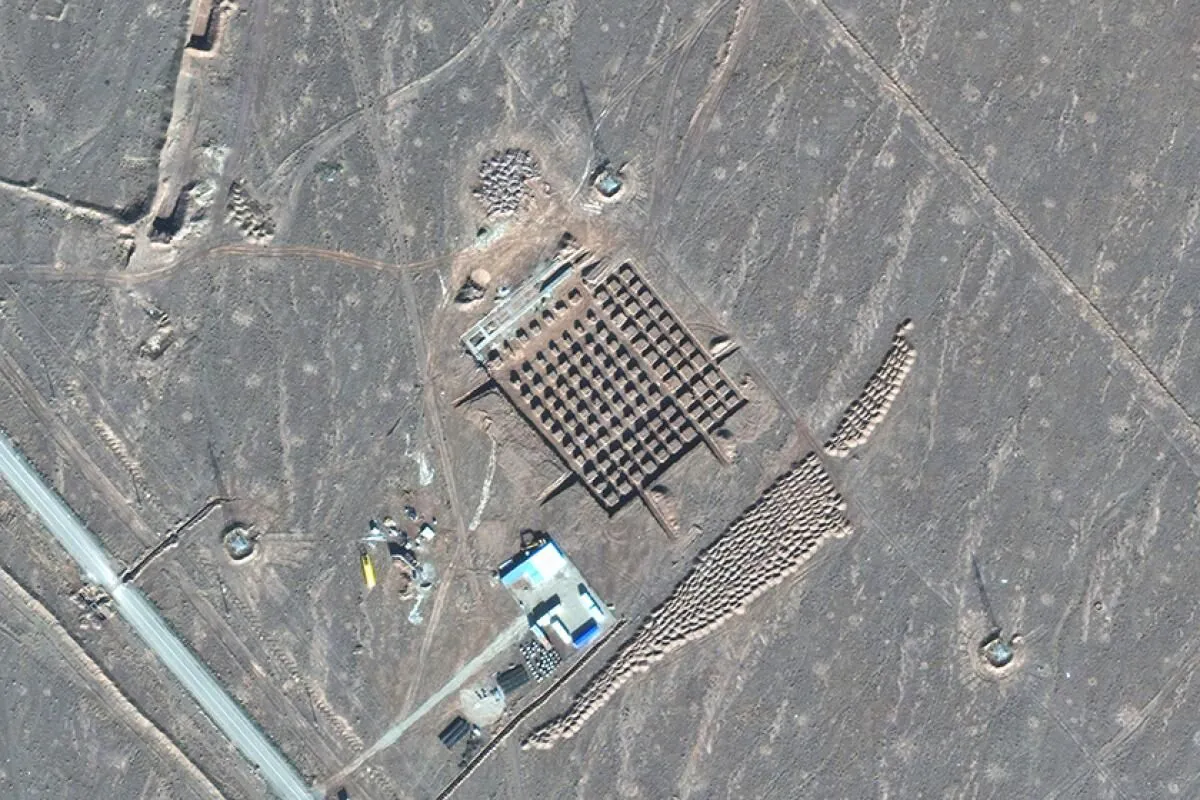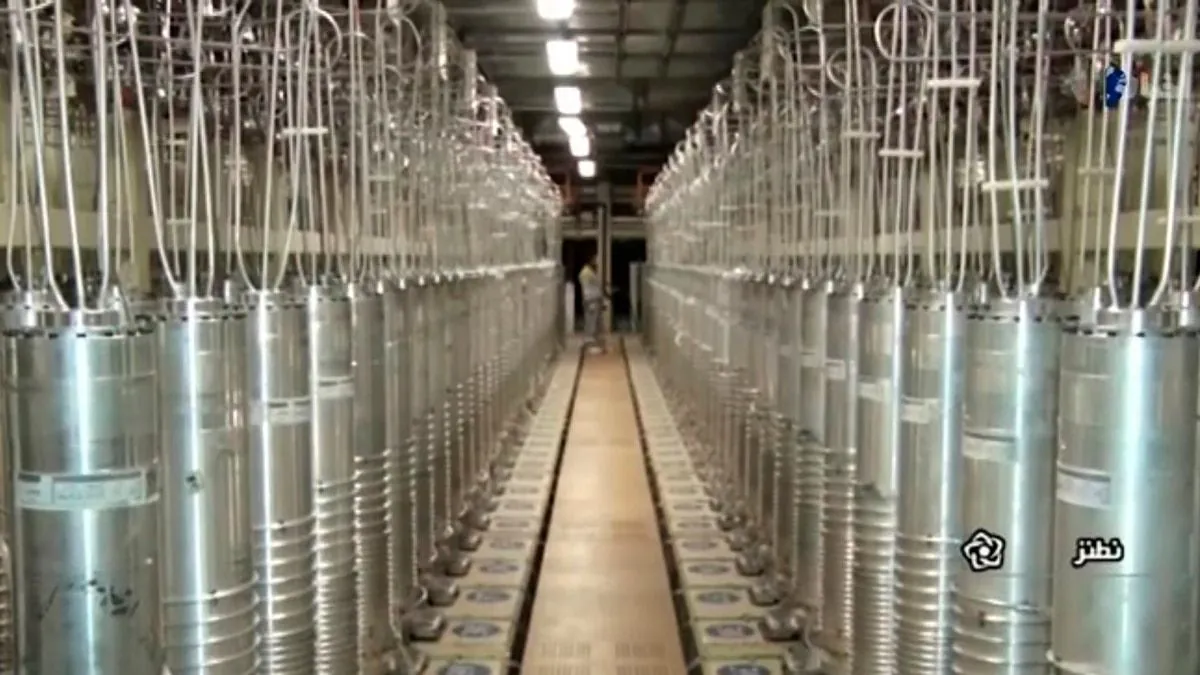Iran's Nuclear Ambitions: A Critical Juncture for Global Security
Recent events have reignited debates on Iran's nuclear program. With diplomatic efforts stalled and regional tensions high, experts argue that time is running out to prevent Iran from acquiring nuclear weapons.

The recent ineffective missile attack by Iran on Israel has reignited discussions about the future of Iran's nuclear program and potential responses from Israel and its allies. This event marks a critical juncture in the ongoing tensions between Iran and the international community, particularly regarding nuclear proliferation concerns.
Benjamin Netanyahu, Israel's Prime Minister, has declared Iran's attack a "big mistake" and promised consequences. The United States, Israel's key ally, agrees that Iran should face "severe consequences" for its actions. However, President Joe Biden has expressed opposition to potential Israeli strikes on Iranian nuclear sites.
Iran's nuclear ambitions have been a source of international concern for decades. The program, which began in the 1950s under the Atoms for Peace initiative, has been closely monitored by the International Atomic Energy Agency (IAEA) since 2003. Despite Iran's insistence that its nuclear activities are for peaceful purposes, the international community remains skeptical.
The current situation is particularly alarming due to several factors:
- Iran's nuclear "breakout time" has reportedly decreased to just 1-2 weeks.
- Diplomatic efforts, including the 2015 Joint Comprehensive Plan of Action (JCPOA), have stalled.
- Regional tensions are high, with recent conflicts involving Hamas and Hezbollah.

Proponents of military action argue that this may be the last opportunity to prevent Iran from acquiring nuclear weapons. They cite the following reasons:
- The failure of diplomatic solutions, including the collapse of the JCPOA.
- The short timeframe before Iran potentially achieves nuclear capability.
- The current weakened state of Iran's regional allies, reducing the risk of retaliation.
Critics of military intervention have long argued against preemptive strikes, citing international law and the potential for escalation. However, supporters contend that Iran's recent attack on Israel provides justification for a retaliatory response.
It's worth noting that Iran has consistently maintained its right to a peaceful nuclear program. The country signed the Nuclear Non-Proliferation Treaty in 1968 and has allowed IAEA inspections of its declared nuclear sites. However, concerns persist about undeclared activities and the potential for rapid weaponization.
The international community faces a complex dilemma. On one hand, allowing Iran to acquire nuclear weapons could significantly alter the balance of power in the Middle East and potentially lead to a nuclear arms race in the region. On the other hand, military action against Iran's nuclear facilities carries its own risks, including the potential for wider conflict and humanitarian consequences.
As the situation unfolds, the world watches closely. The decisions made in the coming weeks and months could have far-reaching implications for global security and the future of nuclear non-proliferation efforts.
"I would not support an Israeli strike on Iranian nuclear sites."
This statement by President Biden underscores the delicate balance the United States must maintain between supporting its ally Israel and avoiding actions that could lead to further escalation in the region.
As tensions remain high, the international community must grapple with difficult questions about the most effective way to address Iran's nuclear ambitions while maintaining regional stability and upholding international law.


































